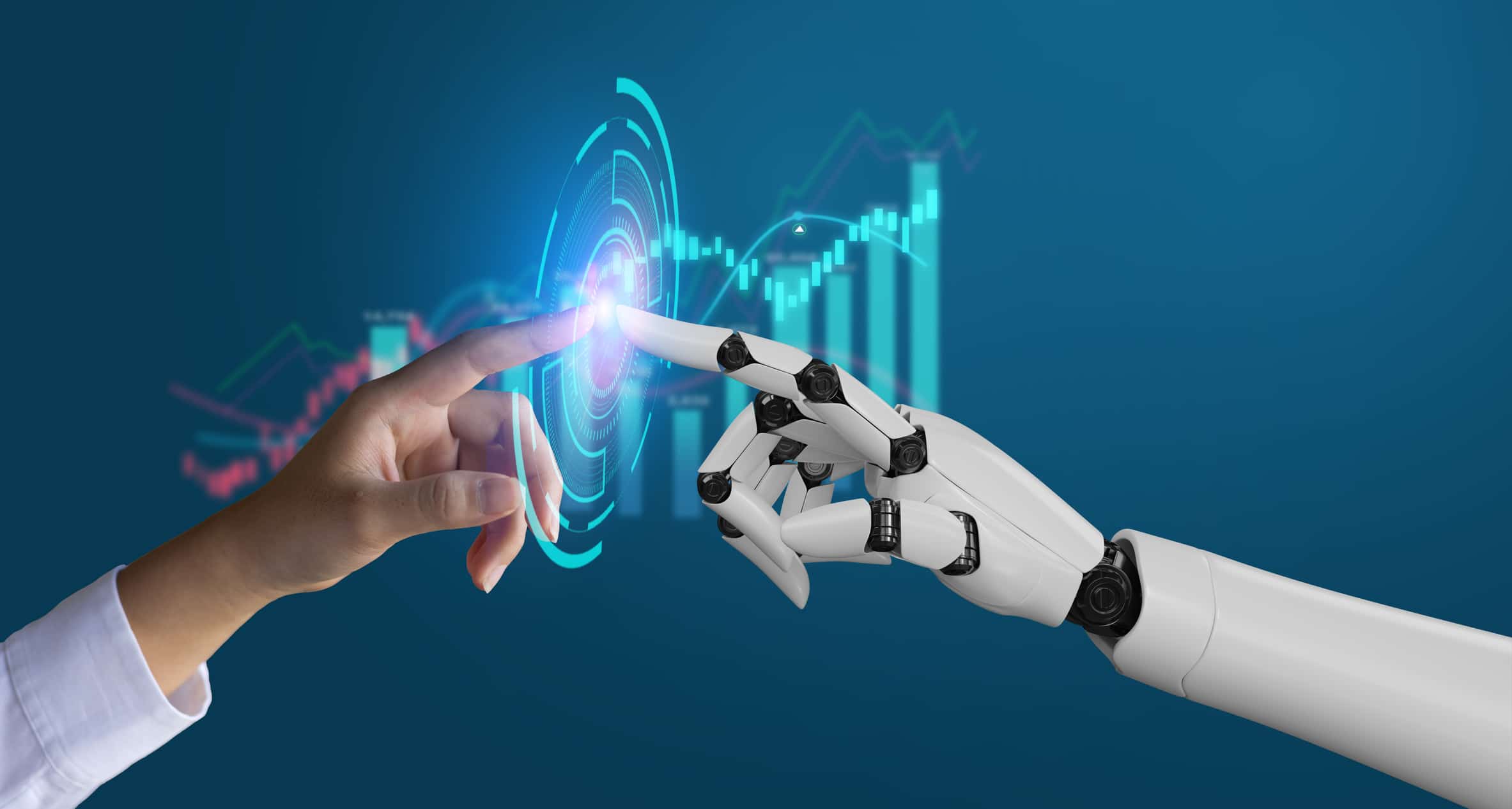Artificial intelligence (AI) has emerged as a revolutionary tool, reshaping industries, streamlining processes, and improving decision-making. The success of AI is because we now have access to more data, and we possess adequate computational infrastructure to analyze such data. AI has enormous potential in the legal field, promising to transform how legal practitioners function and individuals access the justice system.
However, this potential is not devoid of ethical concerns and obstacles.
The function of AI in the legal domain is diverse. AIdriven research tools can rapidly analyze extensive legal databases, furnishing attorneys with insights in a previously unattainable manner. It entails the utilization of chatbots and virtual assistants to provide individuals with legal guidance, thereby enhancing the accessibility of legal information.
AI saves time and money when producing legal documents using document automation tools.
Predictive analytics can predict legal outcomes, enabling litigants and attorneys to make well-informed decisions. Online dispute resolution platforms provide a viable substitute for conventional litigation, enhancing the efficiency and accessibility of dispute resolution. Nevertheless, as AI gains prominence in law, we must exercise caution and remain vigilant regarding the obstacles to this revolutionary technology.
Loading...
The first such obstacle is the fairness and bias of AI systems, which are potential sources of concern. Algorithms for machine learning are trained using historical data, which may contain societal biases. AI could perpetuate and even exacerbate preexisting discrimination in the legal system if these prejudices
are not addressed. AI development must prioritize fairness and equity, necessitating ongoing vigilance to identify and address bias in AI applications. Secondly, the opaqueness of AI decisionmaking processes raises concerns regarding transparency and accountability. In legal contexts, individuals have a right to be
informed of the reasoning behind decisions made by AI systems.
Legal experts and technologists must collaborate to guarantee the transparency of AI systems and allow individuals to contest AI-generated outcomes. However, AI technology is lagging, and AI systems are subjected to the accuracy-transparency dilemma, whereby the more accurate the AI model, the less transparent it is, and vice versa. This is because the high accuracy of the AI model correlates to the increased complexity of the model. Furthermore, the more complex the AI model, the more accurate it is, but this results in reduced transparency of the model.
Thirdly, there is the problem of the security and privacy of individuals. Legal issues frequently necessitate the use of confidential personal data. Implementing robust data protection measures to secure individuals’ rights and privacy is critical.
Legal professionals must thoroughly contemplate the ethical and legal ramifications and enforce rigorous data security protocols when dealing with personal data. This requires technology, which is not necessarily available in many African countries. The African Union (AU) must ensure that groups of countries jointly procure such technologies to reduce the burden of the cost of this technology.
Furthermore, we must train enough people to deploy such technologies. Fourth, as AI’s capacity for legal research and document automation expands, concerns may arise regarding the potential displacement of legal professionals. However, rather than replacing legal professionals, AI should be considered a supplement to their work. By utilizing AI, legal professionals can increase productivity, decrease expenses, and improve their capacity to render expert opinions.
Fifth, legislative bodies and governments must establish transparent regulatory frameworks for AI. These regulations must delineate principles of ethics, foster transparency mandates, and stipulate the responsibility of these AI systems. Achieving an optimal equilibrium between fostering innovation and safeguarding the rights of individuals is a highly challenging endeavor and requires the training of regulators and lawmakers to understand these technologies.
The AU can be a catalyst to ensure such knowledge is accessible across Africa.
Sixth, a potential benefit of AI in law is its capacity to improve the accessibility of justice. Tools propelled by AI can increase the accessibility of legal information for those who cannot afford legal representation.
Online dispute resolution has the potential to offer economically viable substitutes for conventional litigation. However, we must ensure that these technologies do not exacerbate but rectify existing disparities in access to justice.
AI is not a silver bullet that can solve all legal problems, nor is it the precursor that will end the legal profession as we know it. However, when utilized responsibly and ethically, AI is a tool that has the potential to enhance the agency of legal practitioners and facilitate improved access to justice.
The coexistence of AI and the law can produce a legal system that is more equitable, efficient, and accessible.
Loading...
